Language of threat won’t work against Iran: Envoy
Iran’s permanent ambassador to the UN says the country will not be frightened by threats and stands ready to defend itself as the United States ratchets up its anti-Iran rhetoric.
“I think that the language of threat will not work against Iran. The language of cooperation and respect will work against Iran,” Amir Saeid Iravani said in an interview with the American NBC News on Tuesday.
“If you think that Iran has fear from the threats, you are absolutely wrong.”
The remarks came after the US leveled accusations against Tehran over a deadly attack on a US occupation base on Jordan’s border with Syria.
In response to the operation, the US military conducted airstrikes on Iraq and Syria in breach of the two countries’ sovereignty, killing nearly 40 people. It also threatened to conduct further military actions against alleged “Iran-backed groups” in West Asia.
Iravani said if the US attacks “Iran’s soil ... or Iran individuals all around the world ... we will defend, absolutely.”
‘Iran doesn’t want crisis in region’
Iravani also noted that the Islamic Republic wanted to “calm the situation” in the region and that the best path to lowering tensions was to forge a ceasefire in the Gaza Strip.
“We don’t want crisis in this region,” he asserted.
Tensions have ratcheted up in West Asia due to the United States’ support for Israel’s genocidal war on Gaza, which has killed at least 27,585 Palestinians, mostly women and children, and injured 66,978 others over the past four months.
Resistance groups, in retaliation, have launched attacks on bases housing US occupation forces in Iraq and Syria. Yemeni armed forces have also launched a pro-Palestine maritime campaign, targeting Israel-bound or affiliated ships, in the southern Red Sea, the Bab al-Mandeb Strait, the Gulf of Aden, and even the Arabian Sea.
Asked if Iran is arming Yemeni forces, the Iranian envoy said, “Not at all.”
Yemenis “have their own weapons” and Iran does not issue instructions about how they should use them, he added.
‘Iran is not directing resistance groups’
Iravani further described Tehran’s relationship with the Axis of the Resistance as something akin to a “defense pact” and compared it to the Western military alliance NATO.
“We are not directing them. We are not commanding them. We have a common consultation with each other,” he said.
The envoy also emphasized that Iran played no part in the October 7 operation by the Palestinian Hamas resistance group against the occupying regime.
“We have not participated in this decision. It was the Palestinian decision and the Palestinian implementation. We have ... no role in this case,” he said.
Meanwhile, Iravani speculated that operations by resistance groups in the region would stop if there is a ceasefire in the Gaza Strip.
The Islamic Republic, he said, would support the Gaza truce if it was lasting and allowed for the rehabilitation of the Palestinian territory.
He further stressed that the Gaza ceasefire talks will succeed if “the other side” accepts Hamas’s conditions, which include a permanent truce and a withdrawal of Israeli troops from the besieged territory.
‘US, Iran communicate through intermediaries’
Also in his interview, Iravani said Iran and the US have “always” had ways to communicate through intermediaries even though the two countries have no formal diplomatic ties.
Indirect negotiations last year secured a prisoner exchange and the release of funds frozen by US sanctions, but talks on reviving a 2015 nuclear agreement were unsuccessful, he said. “It is difficult to, again, resume those failed discussions.”
VIDEO | Displaced Palestinians seek fragile alternatives to support their tents
VIDEO | Press TV's news headlines
VIDEO | Iran marks Intl. Anti-Corruption Day with summit on transparent governance
VIDEO | Ethiopia holds ceremony to mark Intl. Day of Solidarity with Palestinians
VIDEO | Pakistan voices outrage against Israel on Genocide Prevention Day
Iran urges decisive global action to end Israeli genocide, honor victims
US envoy says ‘benevolent monarchies’ have proven most effective in West Asia governance
VIDEO | Golestan: Iran's dreamlike garden


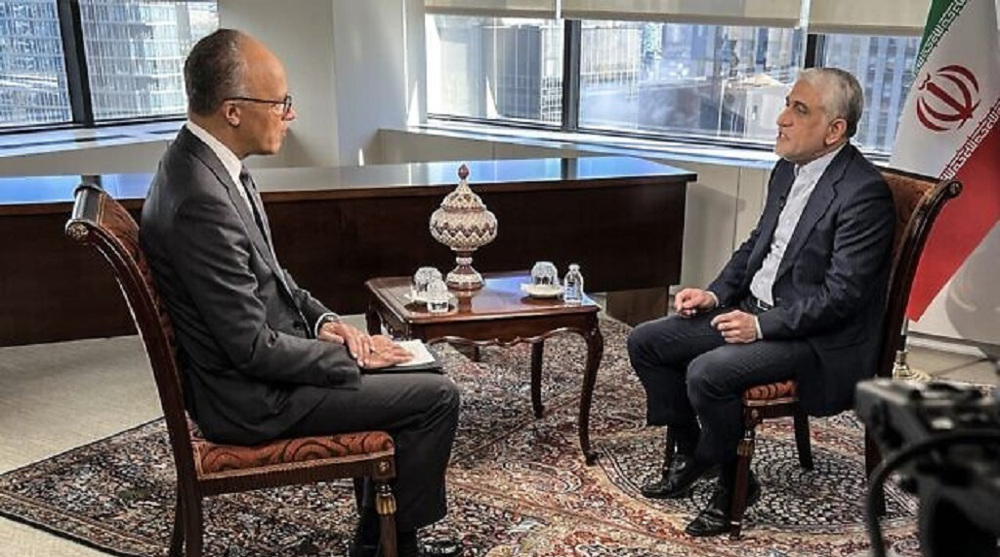
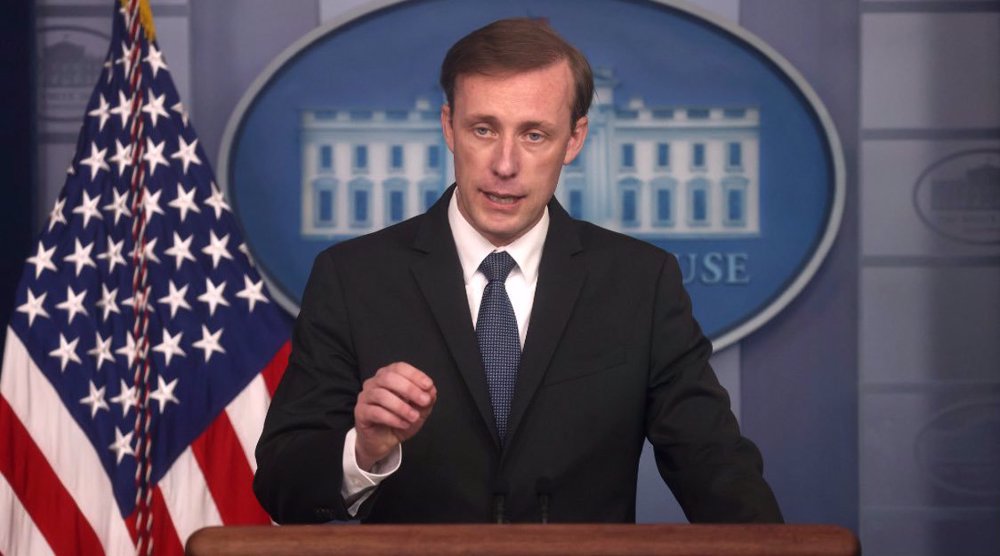
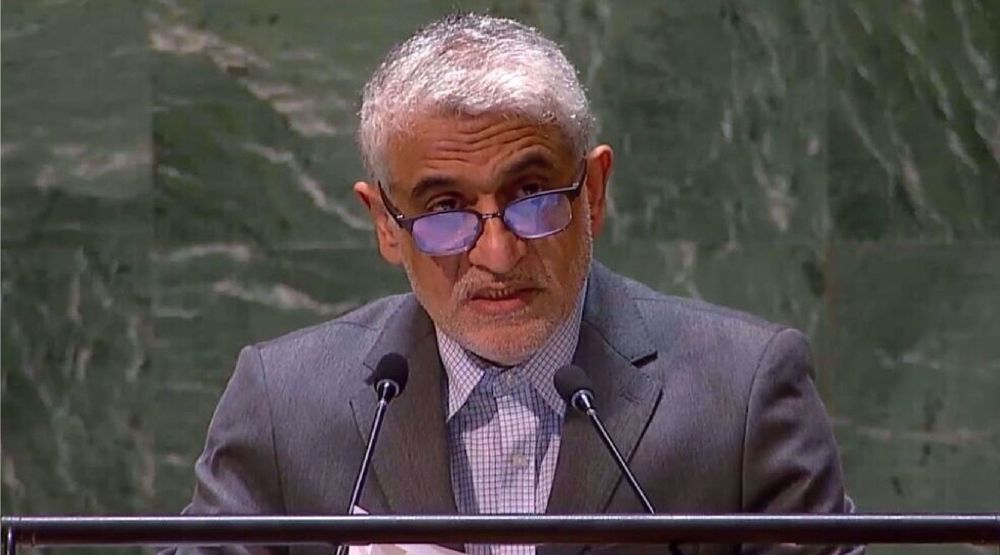
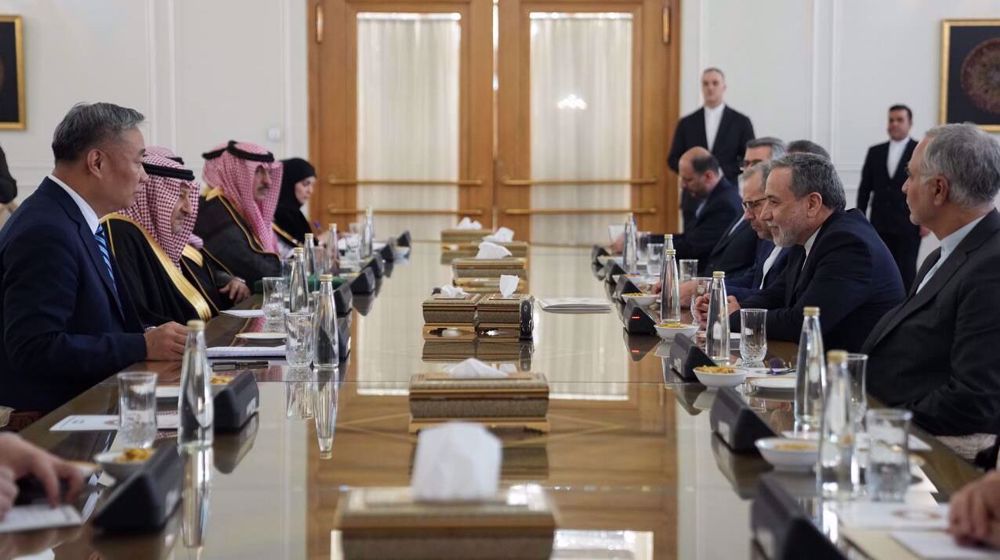
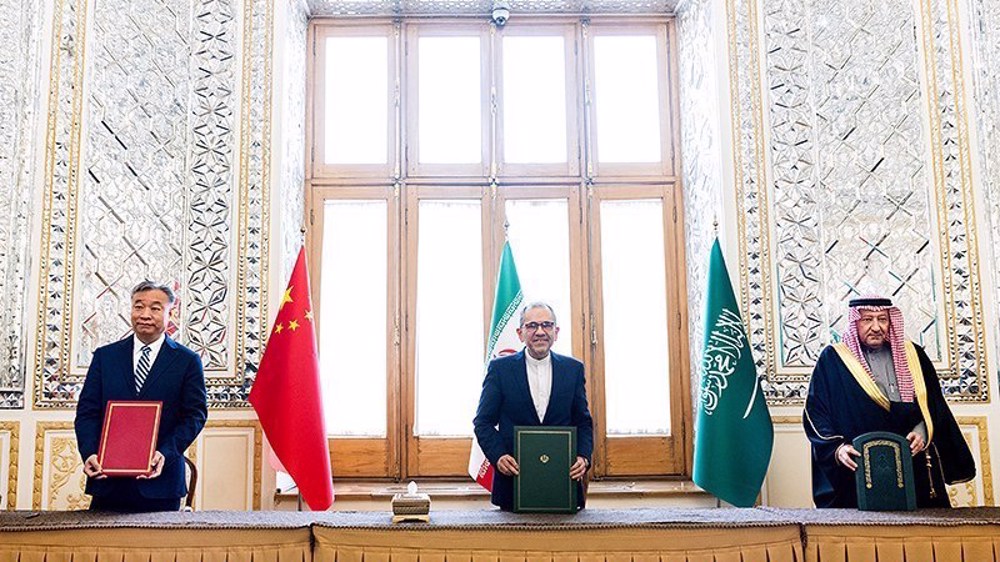



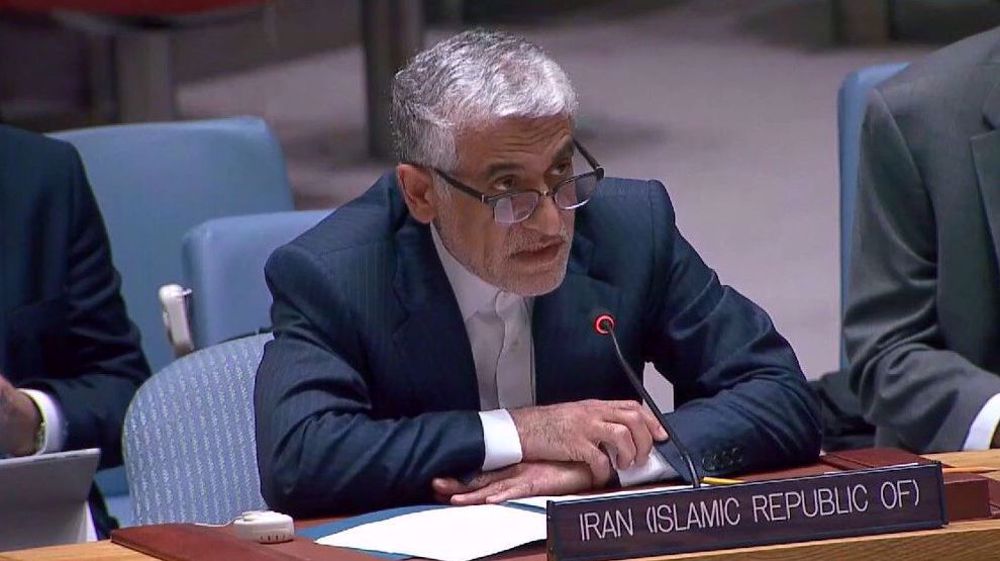
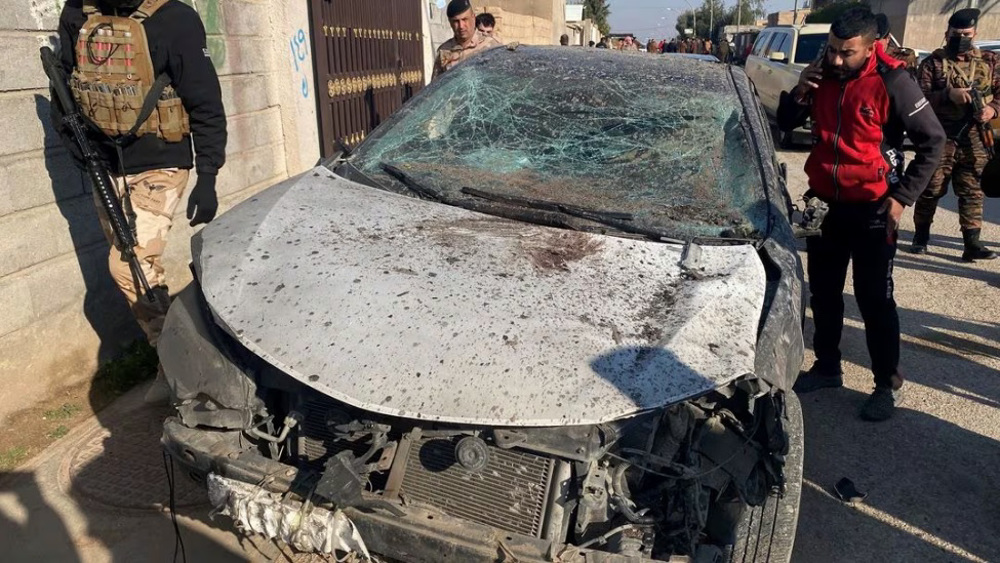
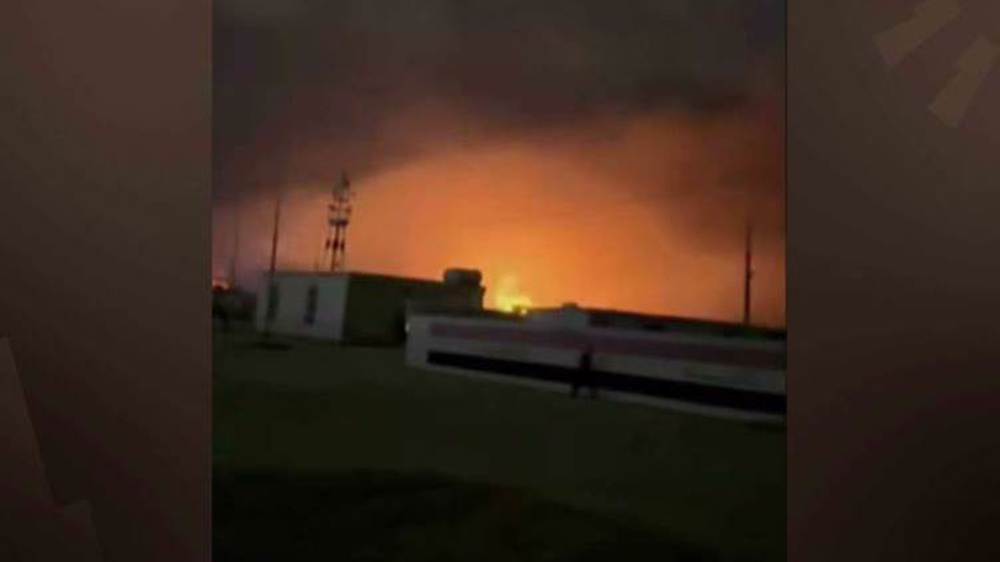
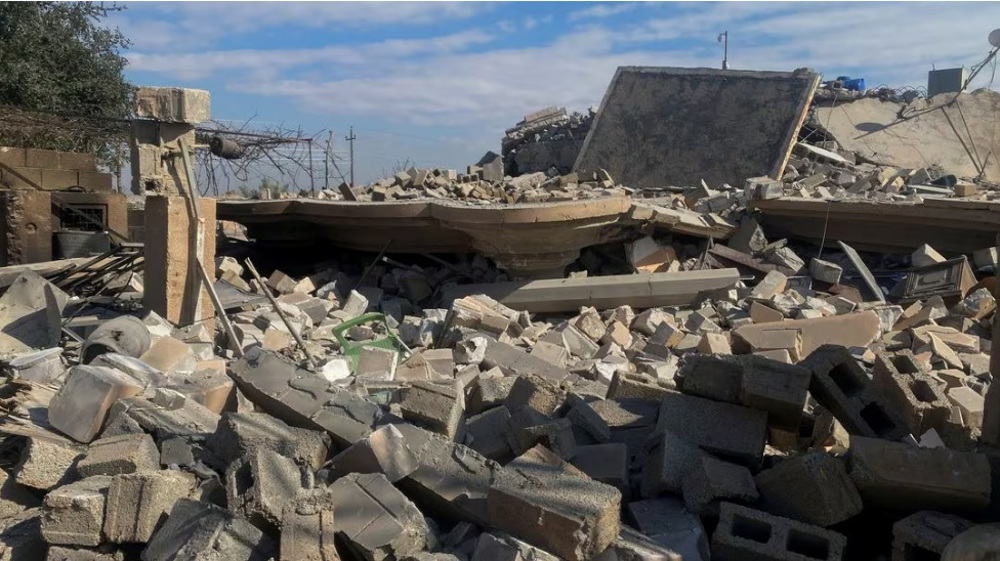
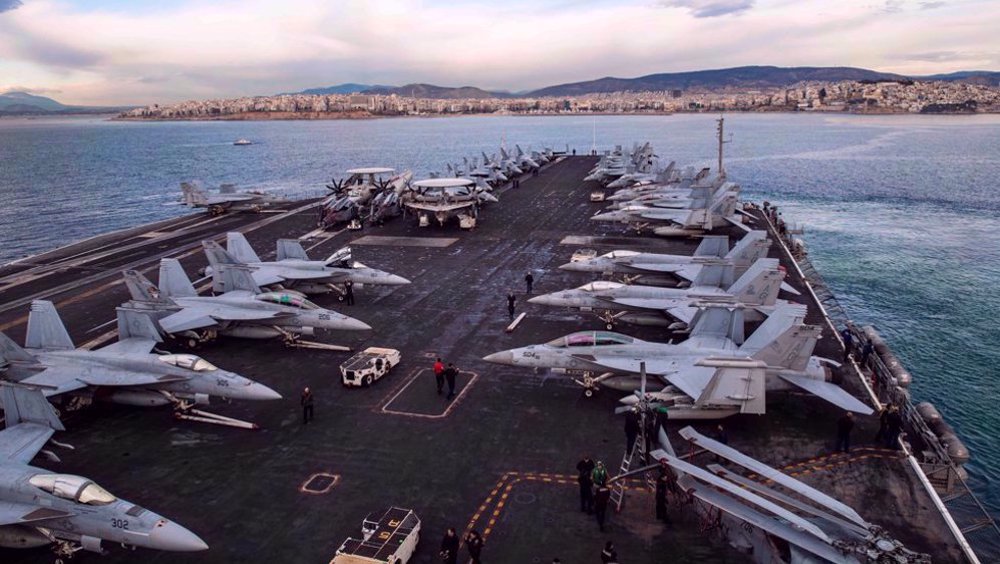

 This makes it easy to access the Press TV website
This makes it easy to access the Press TV website